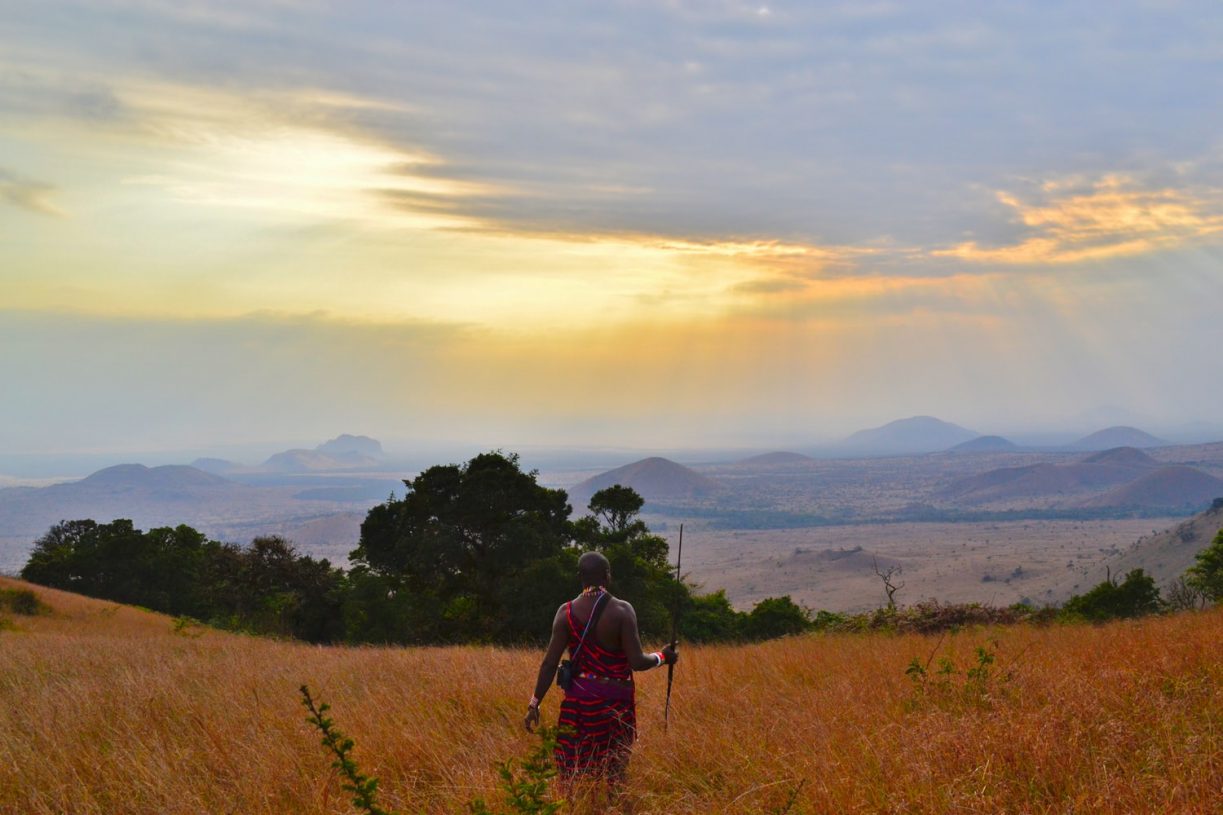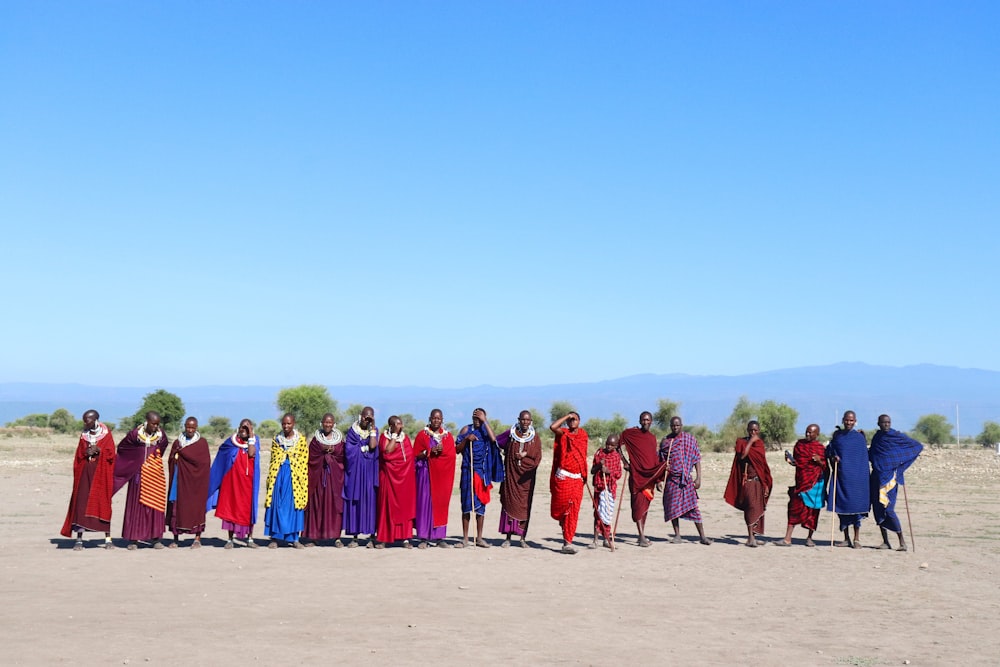Swahili, also known as Kiswahili, is the lingua franca of the East African Community (EAC). With about 24 million native speakers and another 80 million who speak it as a second language, both in Africa and in countries outside of the continent. Swahili is an African language that is well known all around the globe. It’s the official language in Kenya and Tanzania and it is also widely spoken in countries such as Uganda, the Democratic Republic of Congo, and the Comoros Islands.
From Lion King to Star Trek, and the famous building game ‘Jenga’ (meaning ‘to build’ in Swahili), the language has been widely used without us even realizing it!
Read on to know more about the Swahili language and why it should be the next language you need to learn.
Swahili Is easy to learn
Most African languages are tonal languages, meaning the difference in the pitch of the pronunciation of a word changes its meaning. That complicates the language learning as well as understanding the process. However, this language is unlike other African languages, in a sense that is not a tonal language, just like English. It’s also much easier to read, write, and pronounce Swahili words. You say them just the way they are written.
Also, the words are short making it easier for most people to recall. Here are some common Swahili words and phrases to get you started on your learning journey;
Jambo – Hello
Habari gani? – How are you?
Nzuri – I’m good
Asante – Thank you
Kwaheri – Goodbye
There are many dialects of Swahili present in Africa, with some dialects originating from an infusion of Swahili and English. Sheng, the local term for such dialects originated in Kenya and is slowly making its way to Tanzania and Uganda. English speakers are often the fastest to pick up Swahili and that is why it is offered as a second language in universities across the world.
Swahili folklores and culture
The culture of the Swahili people is built on centuries of traditions. Myths, legends, and other folklore are common in this unique culture. The most authentic stories continue to be narrated and written in the language even today. Stories that center around tribesmen, warriors, and religious teachings continue to be shared across generations. Traditional music in Swahili, often inspired by Arabic music, continue to be sung by the oldest leaders of the tribespeople, especially during special ceremonies such as weddings or concerts.
A language of many languages and a language for many places
Swahili has evolved over the years to incorporate words into its vocabulary from languages such as German, English, French, Persian, and Portuguese. Words from foreign language entered the language through centuries of trade and an influx of merchants who came to Africa to procure spices, minerals, and other natural resources. Even in modern times, there are speakers spread throughout the continent where it is a second language to many. Countries like Congo, Kenya, Tanzania, Uganda, etc. have Swahili speakers amounting to millions. Hence it is a very useful language to know regardless of where you are in Africa.
Swahili in Pop Culture
The Disney movie, The Lion King, has used several Swahili words throughout the movie, mainly for character names and song titles or catchphrases. Hakuna Matata, an anthem for many children and adults alike, means “no problems” in Swahili. Character names like Simba and Rafiki, meaning lion and friend respectively, are also from this language.
Star Trek too has utilized vocabulary from this language to name one of its popular characters, Lieutenant Uhura. The character who is a translator and communications officer in the series got her name from the word for freedom, Uhura. Throughout the series, the language has been used to portray a foreign tongue, spoken some certain characters.
Halo 2, a game developed by Microsoft and popular among the gaming community, has several Swahili words used in key dialogues integrated into the gameplay.
A language that is easy to learn, opens up a variety of experiences and of global relevance, Swahili offers plenty. You don’t need to go to Africa to learn it, we have got you covered.
Are you ready to learn one of the most popular languages in all of Africa? Learn Swahili Online with our self-study course.
Andrie Steliou
Latest posts by Andrie Steliou (see all)
- 8 Ways to Help Keep Your Child Focused and Engaged in Online Learning - October 19, 2022
- How to Improve Social Intelligence Skills? - May 10, 2022
- How to Improve Organizational Skills at Workplace? - May 6, 2022



